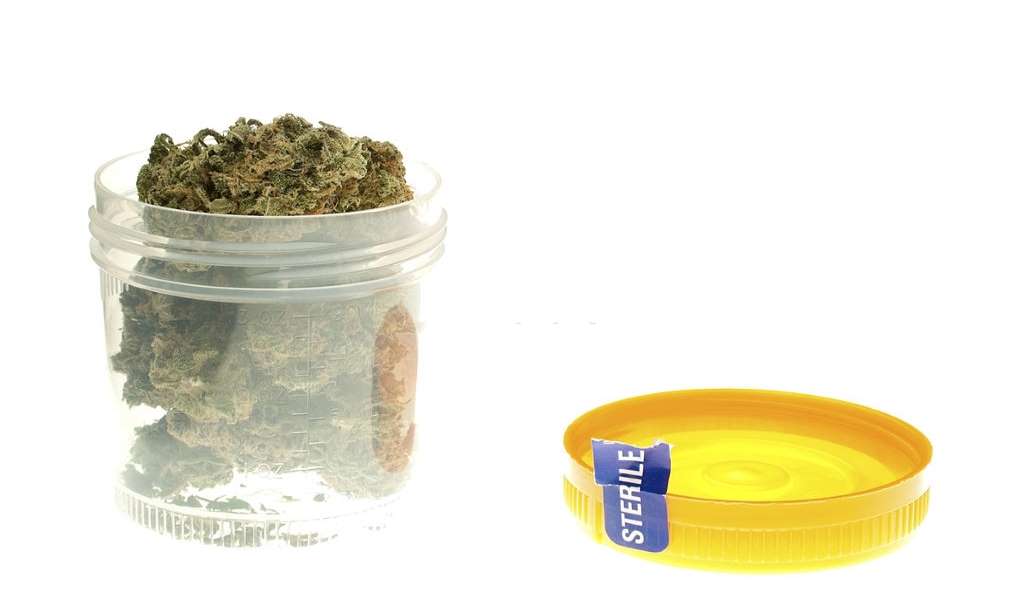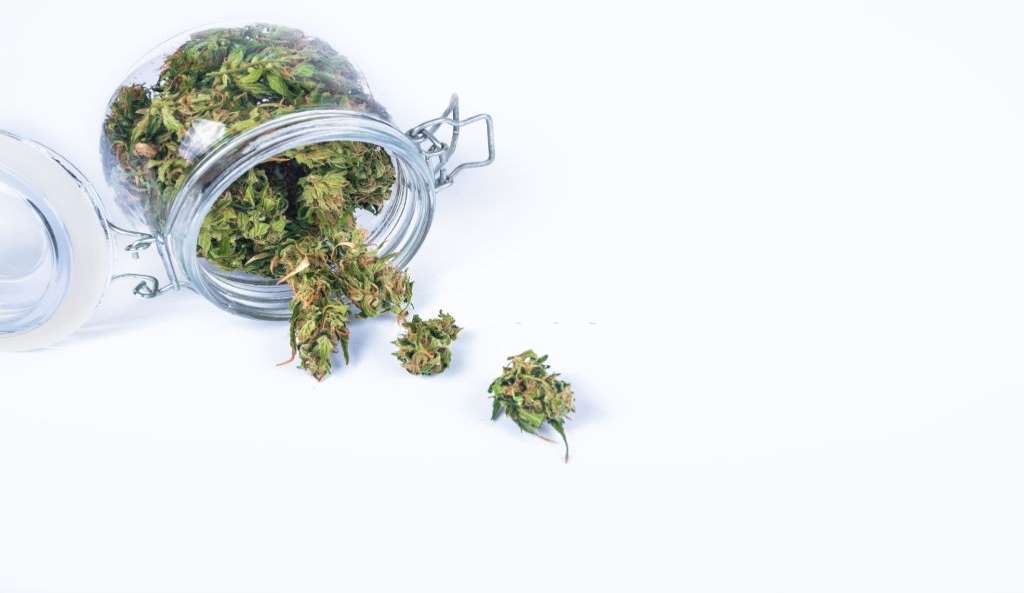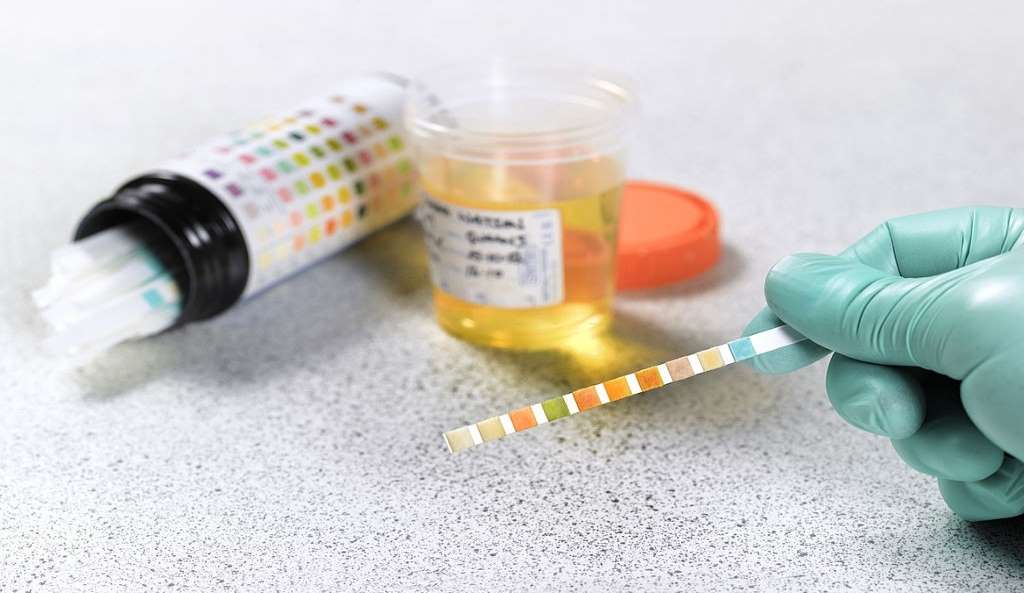Cannabidiol is everywhere, from your cabinet to CBD shops. With the legalization of cannabis worldwide, people turn to use CBD products for general health and wellness. However, many cannabidiol users want to know does CBD shows up in drug tests or not. This article aims to acknowledge the users about CBD and drug tests.
SALE: Buy Premium CBD Gummies!
Each delicious gummy is infused with high-quality CBD to help alleviate pain, reduce stress, and enhance your mental well-being. Perfect for those seeking a natural way to unwind and support overall health.
Buy NowGenerally, cannabidiol shouldn’t show up in drug tests.
However, some CBD products have a trace amount of THC – an active ingredient of the cannabis plant. THC is a psychoactive cannabinoid, and if enough THC is present, it will show up in drug tests.
SALE: Buy Premium CBD Gummies!
Each delicious gummy is infused with high-quality CBD to help alleviate pain, reduce stress, and enhance your mental well-being. Perfect for those seeking a natural way to unwind and support overall health.
Buy NowRead on to learn how to avoid positive drug test results with CBD usage and what to look for in CBD products.
What Are Different Types of CBD?
Cannabidiol comes from cannabis, a family of plants. Generally, the cannabis plant contains more than a hundred naturally occurring compounds, including:
SALE: Buy Premium CBD Gummies!
Each delicious gummy is infused with high-quality CBD to help alleviate pain, reduce stress, and enhance your mental well-being. Perfect for those seeking a natural way to unwind and support overall health.
Buy Now- Cannabinoids
- Terpenes
- Flavonoids
The composition of all these compounds varies per plant strain and variety.
You might be acquainted with the that both marijuana and hemp plants contain CBD. Marijuana-derived CBD contains more THC that produces a high associated with marijuana. In contrast, hemp-derived CBD carries no more than 0.3% THC.
CBD extracts comprise of the following types:
Full-Spectrum CBD:
Typically, full-spectrum CBD carries all-natural chemical compounds of the cannabis plant. In other words, full-spectrum CBD products contain CBD alongside terpenes, flavonoids, THC, and more. The amount of THC varies per plant as marijuana species have high THC content.
However, the legal amount of THC for hemp-derived CBD oil is less than 0.3%.
Broad-Spectrum CBD:
Like full-spectrum CBD, broad-spectrum CBD carries all-natural cannabinoids of the cannabis plant. However, broad-spectrum CBD products do not contain THC.
Due to the absence of THC, broad-spectrum CBD products are widely accepted.
CBD Isolates:
The purest form of CBD is CBD isolates. It does not contain additional cannabinoids like flavonoids, terpenes, and THC. Typically, CDB isolates come from the hemp plant.
CBD isolates sold in crystalline powder or small solid slabs that can be broken apart and eaten. You can also get it in oil and tinctures.
Also, Read: CBD Products for Psoriasis
How much THC must be present to register on a drug test?

SALE: Buy Premium CBD Gummies!
Each delicious gummy is infused with high-quality CBD to help alleviate pain, reduce stress, and enhance your mental well-being. Perfect for those seeking a natural way to unwind and support overall health.
Buy NowThe drug tests screen for THC or its primary metabolites THC-COOH, the trace amount of these substances, can trigger a positive test.
In other words, passing a drug test does not mean that there is no THC or THC-COOH in your system. Instead, a negative test indicates that the THC or THC-COOH content is below the cut-off value.
Different testing methods have different cut-off values and detection windows, as listed below:
Urine:
One of the most common drug tests for cannabis is urine testing.
THC-COOH must be present in 50 ng/ ml to trigger a positive urine drug test. The detection window varies a lot according to dose and frequency of use. In general, THC remains detectable in urine for approximately 3 – 15 days. But heavier and more frequent use can lead to longer detection.
Blood:
A blood test is less common than a urine test. The blood test is unlikely to be used for workplace testing as THC is quickly eliminated from the bloodstream.
It is only detectable in plasma for up to five years, though THC metabolites are detectable for up to seven days. Generally, blood tests indicate current impairments, for instance, driving under the influence.
In states where cannabis is legal, a THC blood concentration of 1, 2, and 2 ng/ ml suggest impairment. However, other states have zero tolerance.
Saliva:
Currently, there are no cut-off limits for saliva tests as it is less common. However, the Journal of Medical Toxicology suggests a cut-off value of 4 ng/ ml.
THC is detectable in oral fluids for around 72 hours but may be detectable for much longer with chronic, heavy use.
Hair:
Hair testing is not popular, and also there are no cut-off limits for THC metabolites in hair. Private industry cut-offs one pg/ ml of THC-COOH. (1 picogram = one trillionth of a gram)
THC content is detectable in hair for up to 90 days.
Can CBD turn into THC in the body?
In acidic conditions, CBD can turn into THC.
Some sources speculate that this chemical transformation occurs in the acidic environment of the human stomach. Moreover, a 2016 in-vitro study conclude that stimulated gastric juice can transform CBD into THC.
How can you make sure that a CBD product doesn’t contain THC?

SALE: Buy Premium CBD Gummies!
Each delicious gummy is infused with high-quality CBD to help alleviate pain, reduce stress, and enhance your mental well-being. Perfect for those seeking a natural way to unwind and support overall health.
Buy NowPeople all over the world use CBD as a safe, natural chemical compound. It is essential to evaluate the available products if you add CBD to your life regime.
Read the product information:
To figure out whether your product comes from marijuana or hemp, read the product label. Next, try to find out whether the CBD is full-spectrum, broad-spectrum, or isolates. All this information will be available on the product label; if anything is missing from the product description, it might be a sign of unreliable manufacturers.
Opt for products that list the amount of CBD:
It is significant to find out the concentration of CBD per dosage. Also, remember that the concentration of cannabidiol varies per product, such as oil, tinctures, and lotions. In most cases, the products with high CBD concentrations are expensive. Another indication for higher CBD content is that these products will be smaller than others. Ideally, you can start with small doses of CBD.
Find out the source of Hemp-derived CBD products:
The quality of hemp varies from state to state. The US states with a longstanding history of hemp industries are:
- Colorado
- Oregon
If all this information is missing in the product description, you can contact the seller. Do your research thoroughly about the following:
- USDA certified organic
- CO2 extraction
- Solvent-free
- Decarboxylated
- Pesticides-free
- No additives
- No preservatives
- Lab-tested
Avoid products that make health-related claims:
FDA – Federal Drug Administration has only approved the Epidiolex – CBD-based epileptic medication. It indicates the other CBD products have not gone through FDA testing to check their safety and effectiveness. Therefore, sellers can not make health-related claims about CBD. Those that do are breaking the laws.
CBD and Drug Tests – The Bottom Line:
Here is all about CBD and drug tests. Routine drug testing does not screen for CBD. A person can request to add CBD to the list of the substance being screened for. The states in which cannabis is legal don’t order a drug test for CBD.
So, it is essential to keep in mind that marijuana-related laws are changing continuously. Therefore, you cannot figure out what you are getting when you purchase a CBD product.

